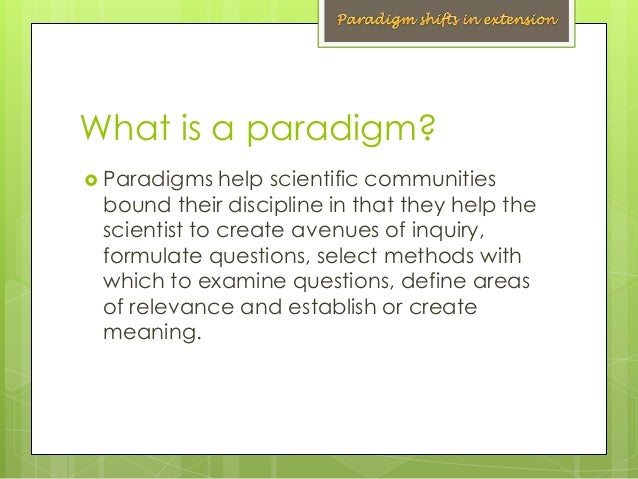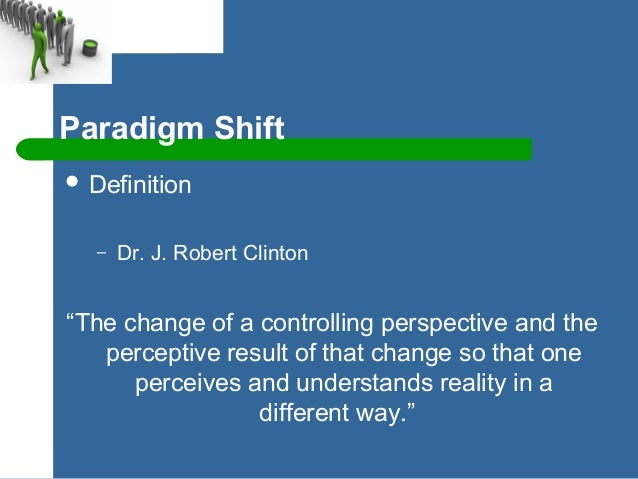

As I mentioned earlier, chaos theory was one area where practitioners felt the existing paradigm didn’t fit the discoveries they were making, and establishment’s attempts to force round pegs into square holes imploded when scientists across disciplines began communicating with each other and realized that while their disciplines were different, they discoveries were similar. Scientific revolutions smolder in much the same way when a subdivision of the community becomes aware that the existing paradigm has ceased to function properly. Kuhn explains a scientific revolution in a variety of ways, though one of the most colorful and descriptive is his comparison to political revolutions where a section of the political community has grown restless because the existing institutions have failed to adequately meet society’s problems, partly because of the environment they created. This is all simply explained, but is it with the usual suspects, status quo, resistance, and bureaucracy getting in the way?

While this paper will examine the deeper definition of paradigm shifts, it will also explore some of the original parties involved, some of the adversaries interested in the shift itself, how these shifts occur, and some of the criteria to determine when a shift has occurred. Sometimes it is abrupt and sometimes it takes time, perhaps decades or more as in the case of the phenomenon of chaos theory (Gleick, 2011), for example. The shift happens when something out of that ordinary experience of scientists jars that assumption. In other words, science is based on the assumption that one’s scientific community knows exactly what the world is like and scientists take great pains to defend that assumption, in a very insular way. Paradigm shifts, according to Kuhn, occur within a scientific community when a fundamental shift in the way normal science proceeds. My purpose here is to introduce the original meaning of paradigm shift, explore its definition, concepts, and mindsets. I question who is doing the defining, however, and who is determining the meaning of the term when paradigm shift has been excessively overused to the point of abuse since the introduction of Kuhn’s original book. And while I can point to numerous articles analyzing an infinite number paradigm shifts within alone, you can do that search easily enough yourself.

Without a coup d’état, one can hardly label the recent regime change a paradigm shift. But that would be stretching the definition to its breaking point as many have abused the term for decades since Kuhn’s (1997) original book was written in 1962. What is a paradigm shift within a scientific revolution or indeed outside of a scientific revolution? If I take an extremely liberal viewpoint, the recent political regime change in the United States was a paradigm shift.


 0 kommentar(er)
0 kommentar(er)
